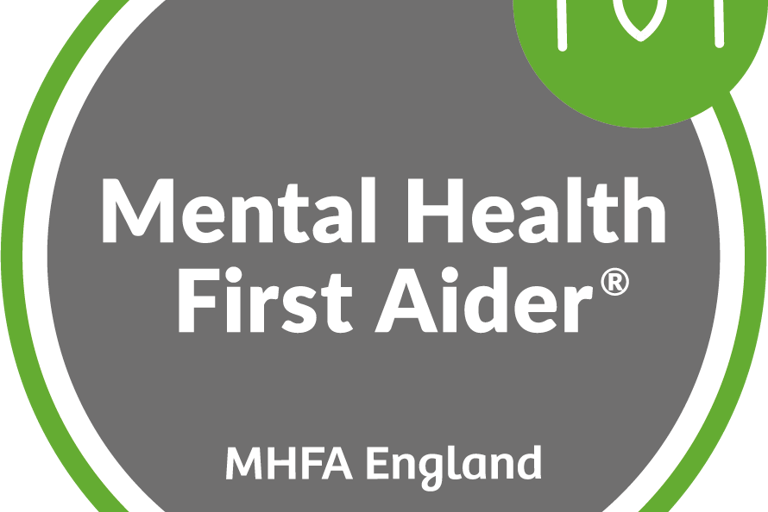Why Worry Is a Waste of Time and How to Overcome It
6/10/20242 min read


Understanding the Nature of Worry
Worry is something we all encounter, but what exactly is it? According to Jeff Alexander, “worry is rehearsing fear about a made-up, fabricated event in the future that most of the time never happens.” This quote perfectly encapsulates the essence of worry. It’s like creating a blockbuster movie in your mind, complete with special effects of doom and gloom, only to realize it’s never going to be released.
The Downside of Worrying
While a little worry can sometimes push us to be prepared, excessive worrying can do more harm than good. Chronic worry affects not just our mental state but also our physical health. It can lead to stress, anxiety, and even physical ailments like headaches and high blood pressure. When you think about it, worrying about a fabricated event is like paying interest on a debt you don’t even owe. It's an investment that never yields any returns.
Strategies to Overcome Worry
So, how do we stop worrying about these made-up scenarios? Here are some practical tips:
1. Live in the Present: Focus on the here and now. When you catch yourself worrying, take a deep breath and redirect your thoughts to what you are doing at the moment.
2. Challenge Your Thoughts: Ask yourself, “Is this scenario likely to happen?” More often than not, the answer will be no. This helps in breaking the cycle of negative thinking.
3. Practice Mindfulness: Mindfulness exercises, such as meditation or yoga, can help you stay grounded and reduce anxiety. These practices teach you to observe your thoughts without getting caught up in them.
4. Take Action: If there is something you can do about the situation, do it. Taking proactive steps can reduce the feeling of helplessness that often accompanies worry.
Conclusion
Worrying is essentially a futile exercise, a rehearsal for a fear that may never come to pass. By understanding the nature of worry, recognizing its downsides, and implementing strategies to overcome it, we can reclaim our peace of mind. Remember Jeff Alexander's words and remind yourself that most of the time, the future events we worry about are just figments of our imagination. Instead of rehearsing fear, why not rehearse hope and positivity?






